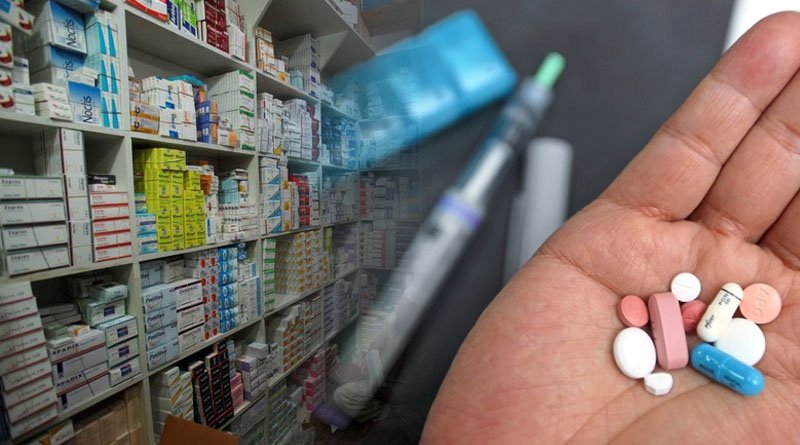According to the Beijing Center for Disease Prevention and Control, the intensity of seasonal influenza in Beijing is showing an obvious upward trend.

With multiple provinces in China seeing an increase in flu cases and some people stocking up on antiviral Oseltamivir Drugs, a medical specialist has warned of potential health risks and drug safety concerns.
According to the Beijing Center for Disease Prevention and Control, the intensity of seasonal influenza in Beijing is showing an obvious upward trend. Last week, flu cases increased by 78 percent compared with the same period in 2019, and H1N1 accounted for 64 percent of all cases.
The Zhejiang Provincial Center for Disease Control and Prevention said on Tuesday that flu cases had appeared in multiple schools.
In Hebei province, the Langfang Center for Disease Control and Prevention said on Feb 19 that similar to the national picture, most flu patients in Langfang have caught H1N1.
On Feb 20, the Anhui Provincial Center for Disease Control and Prevention said flu cases are rising and most patients are infected with H1N1.
In response to the high incidence of influenza, an increasing number of fever patients and growing pressure on pediatric departments, Beijing is working to optimize medical resources and improve treatment capacity, the Beijing Health Commission said on Thursday.
The capital is also stockpiling medical supplies and improving pediatric services by extending clinical hours and expanding pediatric training to meet people’s medical demands.
Meanwhile, driven by the sharp statistical jump, some residents are rushing to buy oseltamivir, an anti-flu medication, putting it out of stock in some stores.
Wang Yimin, a doctor in the department of respiratory and critical care medicine at China-Japan Friendship Hospital in Beijing, said his department now receives 600 to 800 patients per day, the hospital’s daily maximum.
He told China Daily that prescription drugs like oseltamivir should be taken under a doctor’s guidance.
“Antiviral oseltamivir drugs are used mostly for high-risk groups, including the elderly, children, patients with underlying diseases and the immune-deficient. Oseltamivir is not just a cold medicine and considerations should be given to drug allergies and its impact on the functions of the kidney and liver. It should be taken in an appropriate dosage and by suitable people,” Wang said.
Wang added that the seasonal switch from COVID-19 to flu has led to a later flu season than last year, and this is consistent with overall trends.
“There are two flu peaks every year: winter and spring in the north and summer in the south. Generally, our country carries out vaccinations in autumn, ahead of flu peaks. In the past five years, flu vaccination has covered H1N1, H3N2 and other variants. Right now, we have no data about last year’s flu vaccination, particularly among the elderly, children, the pregnant and those with immune deficiency,” he said.
“We carry out awareness-raising activities on flu each year, and the country’s response, including clinical treatment guidelines and vaccination strategy, was soundly in place. As we just went through COVID-19, people are afraid of rising flu cases. But flu exists all the time. We want to tell the public that flu is a seasonal disease and is different from the common cold,” Wang said.
“Vaccination is the most effective approach. We should vaccinate every year and as soon as possible. Special attention should be given to protect high-risk groups. Otherwise, it may lead to pneumonia and a rising number of critical patients. Patients infected with the flu virus should rest at home to avoid infecting others. If their condition deteriorates, they should go to the hospital. A mask is not mandatory if patients recover from flu,” he added.
Originally published at China Daily